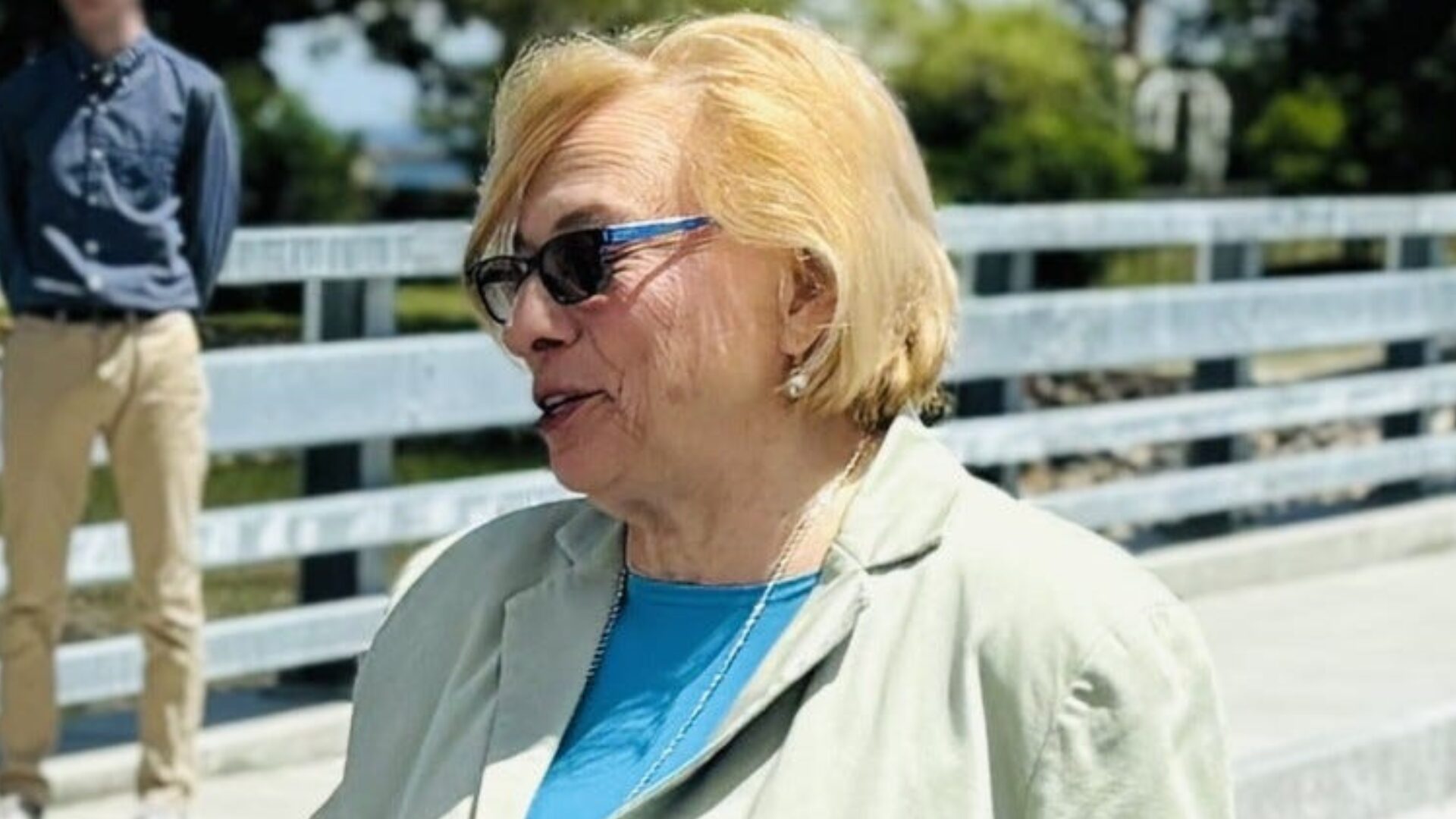The Democratic Party in Maine is already showing deep divisions nearly two years ahead of the state’s 2026 Senate primary, as establishment figures and progressive activists begin clashing over who should lead the ticket.
The race, set for June 9, 2026, has exposed tensions between Governor Janet Mills and a new wave of far-left challengers, including a Bernie Sanders-backed candidate facing multiple controversies.

Governor Janet Mills, 77, officially entered the Senate race in mid-October, confirming months of speculation about her intentions.
Trump's Sovereign Wealth Fund: What Could It Mean For Your Money?
Her announcement came amid growing concern among Democrats about her age, stamina, and ability to connect with younger voters.
In an interview, Mills sought to address those concerns directly, stating, “Honestly, I would not plan to serve for more than one term. But this time is vital, and this moment in our history is urgent and very troublesome.”
Mills, who previously served as Maine’s attorney general before becoming governor in 2019, remains a prominent figure in the state’s Democratic establishment.
However, her bid for the Senate nomination is far from guaranteed.
This Could Be the Most Important Video Gun Owners Watch All Year
The governor now faces strong resistance from the party’s progressive wing, led by Graham Platner, a Marine veteran and oyster farmer who has the endorsement of Senator Bernie Sanders of Vermont.
Platner’s campaign has promoted him as a “working-class” alternative to Mills, emphasizing his military background and rural roots.
Supporters describe him as an outsider capable of appealing to both Democrats and independent voters who might otherwise support incumbent Republican Senator Susan Collins.
However, Platner’s campaign has been rocked by a series of controversies stemming from his past online activity.
CNN’s KFile reviewed deleted Reddit posts attributed to Platner dating back to 2013, in which he reportedly referred to himself as a “communist,” used profane language to describe police, and claimed that “rural White Americans actually are racist and stupid.”
Graham Platner wrote on Reddit in 2021 that all cops are “bastards,” that he was a “communist” and that white rural America is racist and stupid
“I can honestly say that that is me just being an a**hole on the Internet”@Kfile @emsteck strike againhttps://t.co/BSMTqgCujd pic.twitter.com/oaTfRmKCen
— Alex Thompson (@AlexThomp) October 16, 2025
The resurfacing of the posts has drawn national attention and criticism from both within and outside his party.
.@sawyerloftus18 at @bangordailynews reports on more Reddit posts from Platner.
He asked in 2013 why Black people don’t tip and said sexual assault victims should “take some responsibility…and not get so fucked up.”https://t.co/LgAnpNu8hN pic.twitter.com/1TgQaTPLZu
— Alex Thompson (@AlexThomp) October 17, 2025
MORE NEWS: Poll: Most Dems Want Government Shutdown to Keep Going While Federal Workers Miss Paychecks
Platner responded to the revelations by suggesting that his views have changed since those posts were written.
“I’m a different person now,” he said in a statement following the report, adding that his experiences as a veteran and small business owner have shaped his perspective.
WILD.
Graham Platner says while his response to many of his old Reddit posts was “oh god,” he stands behind his question about “why Black people don’t tip” because he was legitimately curious.
(This is the guy they’re calling a once in a generation communicator. So so bad.) pic.twitter.com/RyDTezF912
— Kaivan Shroff (@KaivanShroff) October 21, 2025
A separate controversy has since emerged involving a tattoo that a former acquaintance alleged carries Nazi-related symbolism.
NEW: Maine liberal Graham Platner’s Nazi tattoo revealed
This comes less than a week after he was caught:
➡️ Advocating for political violence
➡️ Saying Black people don’t tip
➡️ Calling all police “bastards”
➡️ Calling Maine’s lobstermen “pieces of sh*t”What’s next… pic.twitter.com/o7FMvmVpxo
— Senate Republicans (@NRSC) October 21, 2025
MORE NEWS: Kaitlan Collins Shuts Down Amy Klobuchar’s False Claim on Trump’s ‘Vacation’ Travel Plans [WATCH]
Platner denied any malicious intent, saying the tattoo was obtained while drinking with fellow Marines during his service.
“We got very inebriated, and we did what Marines on liberty do, and we decided to go get a tattoo,” he said.
“We got very inebriated, and we did what Marines on liberty do, and we decided to go get a tattoo.” https://t.co/t2nZevHR5O pic.twitter.com/cGn1izFHlo
— Chuck Ross (@ChuckRossDC) October 21, 2025
The incidents have caused friction among Democratic factions in Maine and beyond.
Some of Platner’s supporters, including progressive activists aligned with Sanders, have accused Senate Majority Leader Chuck Schumer and the Democratic Senatorial Campaign Committee of undermining the candidate.
They claim the party leadership is working behind the scenes to protect Mills’ candidacy and suppress grassroots challenges.
The Maine race reflects a broader national divide within the Democratic Party between traditional establishment figures and an increasingly outspoken socialist movement.
The conflict comes as Democrats seek to defend their narrow Senate majority in 2026, with several key races expected to determine control of the chamber.
With months still to go before the primary, both sides appear entrenched. Mills has the backing of party leaders and major donors, while Platner continues to rally progressive activists frustrated with what they view as the Democratic establishment’s unwillingness to embrace more left-wing policies.
The outcome of the Maine Democratic primary could have major implications for the party’s message heading into the general election, where the winner is expected to face Senator Susan Collins in one of the nation’s most closely watched races.
The opinions expressed by contributors and/or content partners are their own and do not necessarily reflect the views of DrewBerquist.com. Contact us for guidelines on submitting your own commentary.
Join the Discussion
COMMENTS POLICY: We have no tolerance for messages of violence, racism, vulgarity, obscenity or other such discourteous behavior. Thank you for contributing to a respectful and useful online dialogue.